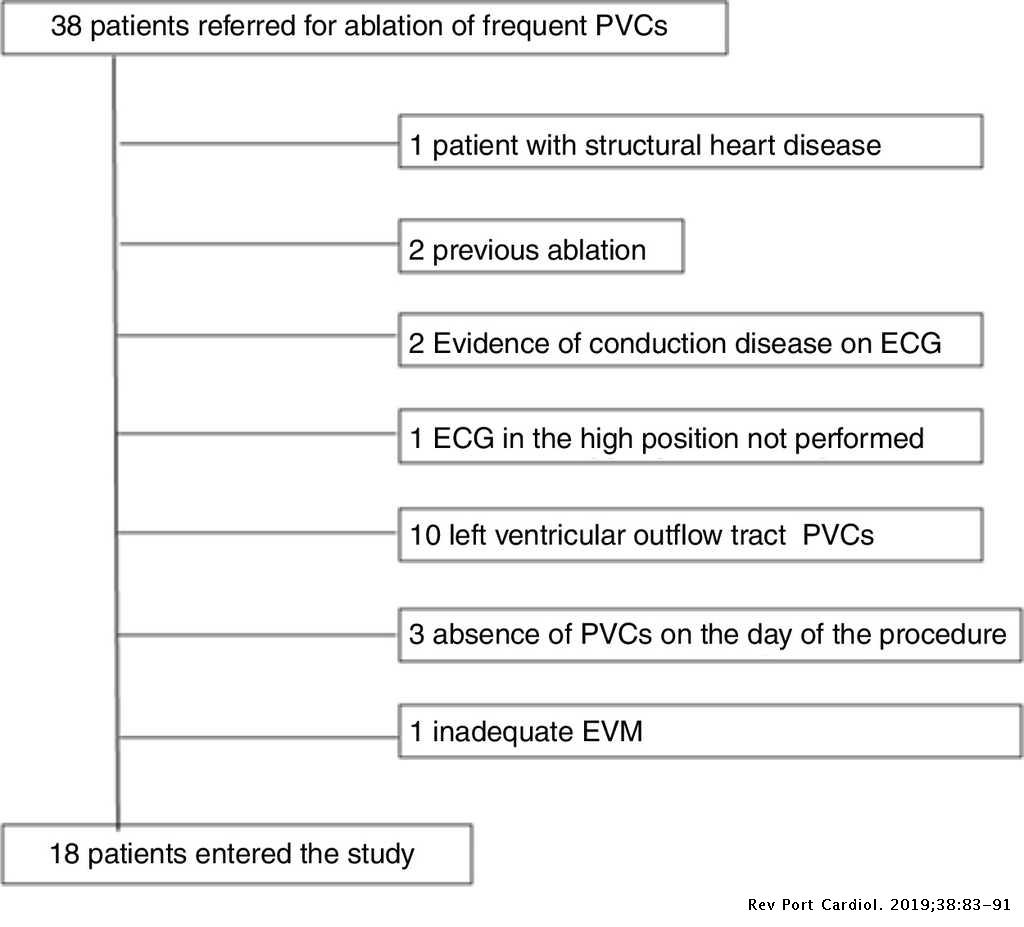Occasional Pvc
- Occasional Pvc During Exercise
- Occasional Pvc Definition
- Occasional Pvcs On Ecg
- Occasional Pvcs And Pacs
- Pvc With Lightheadedness
- Occasional Pvcs
How are PVCs treated?

Occasional Pvc During Exercise
The ectopic nature of PVCs not only causes early contraction of the ventricles but also it causes those ventricular beats to be abnormal. So, pictured above is a basic and singular PVC. Random and infrequent PVCs, like the one above, are usually harmless. So let’s talk about when PVCs aren’t so sweet and innocent. Premature Ventricular Contractions (PVCs) are single beats originating from the lower chambers. Any time there is more than 3 beats in succession this is defined as ventricular tachycardia. Most of the time ventricular tachycardia occurs in people with underlying heart abnormalities. Sometimes in can occur in structurally normal hearts. PVCs often occur in repeating patterns: Bigeminy — every other beat is a PVC. Trigeminy — every third beat is a PVC. Quadrigeminy — every fourth beat is a PVC. Couplet — two consecutive PVCs. NSVT — three-thirty consecutive PVCs (see below).

Occasional Pvc Definition


Occasional Pvcs On Ecg
For individuals who experience occasional PVCs with no other symptoms and no underlying heart disease or structural problems, no treatment is necessary. You can help control your PVCs by reducing or eliminating your caffeine, tobacco and alcohol intake and reducing stress and anxiety. If medication you take routinely is causing your PVCs, discuss a possible change in medication with your physician. When PVCs are due to some form or heart disease or structural abnormality, treating that problem often causes the PVCs to go away.
A beta blocker medication may be prescribed for patients with PVCs who have heart failure or who have had a heart attack. Beta blockers are safe and effective drugs that are often used to treat heart arrhythmias. Other drugs that may be used to treat frequent PVCs include calcium channel blockers and other more potent heart rhythm medications.
Occasional Pvcs And Pacs
Ablation is another treatment option for some patients with frequent or prolonged PVCs. In ablation therapy, radiofrequency waves are used to vaporize tiny amounts of tissue in the area of the heart where the extra beat originates. This is a minimally invasive procedure that is reserved for patients who cannot tolerate beta blockers, in whom medication is ineffective or who cannot comply with long-term drug therapy. Cleveland Clinic interventional cardiologists are experts in radiofrequency ablation, performing more than 1200 ablations annually to treat a variety of arrhythmias.
Pvc With Lightheadedness

Occasional Pvcs
For patients with heart disease who have frequent PVCs or increased PVCs during exercise, angioplasty or bypass surgery may be appropriate.